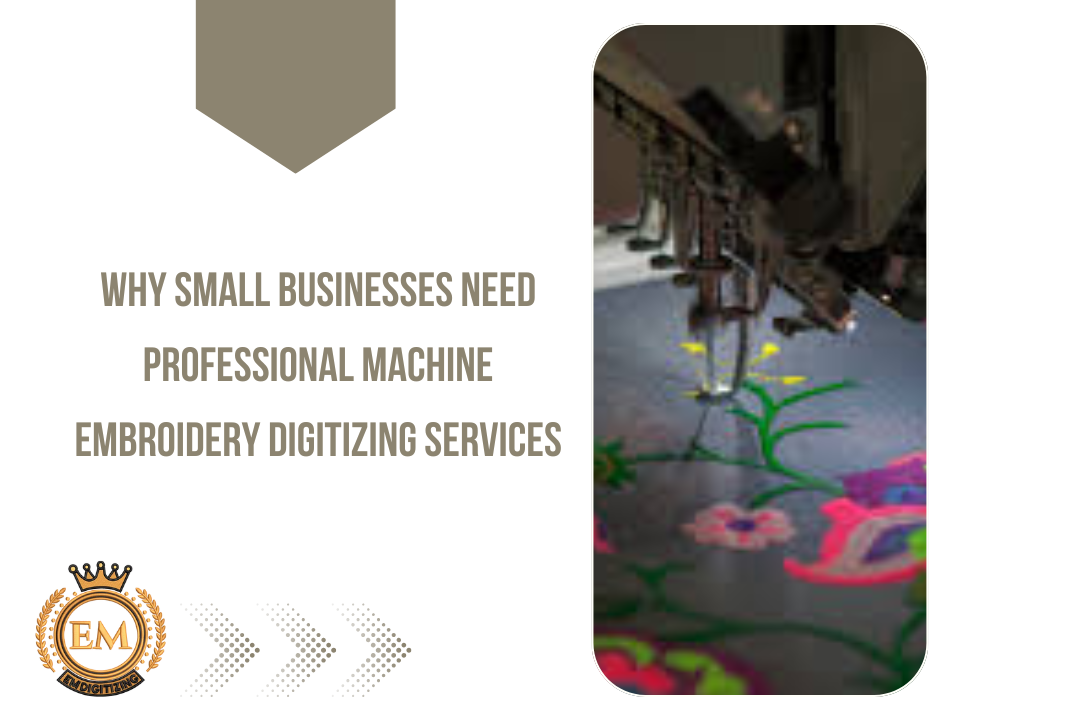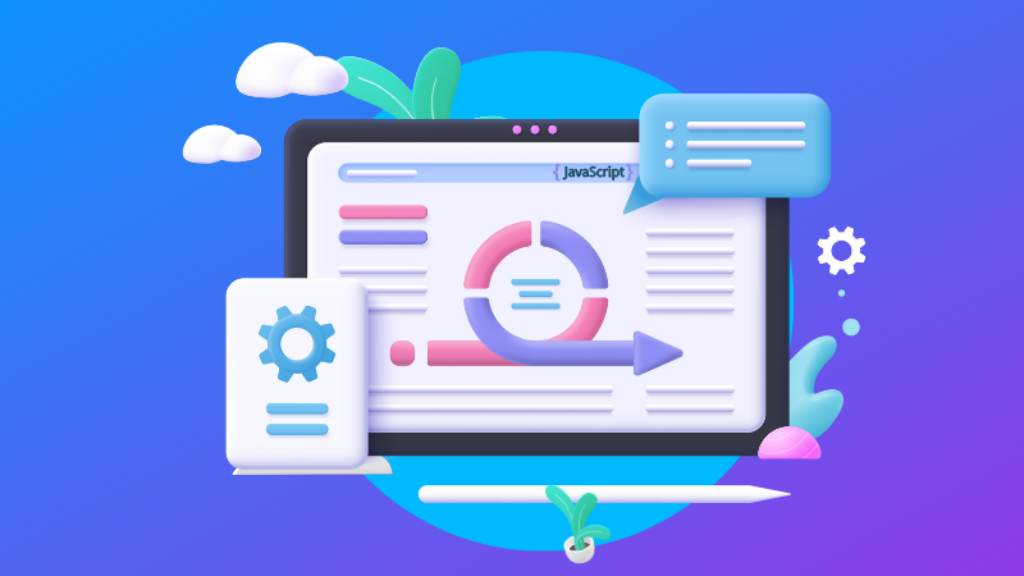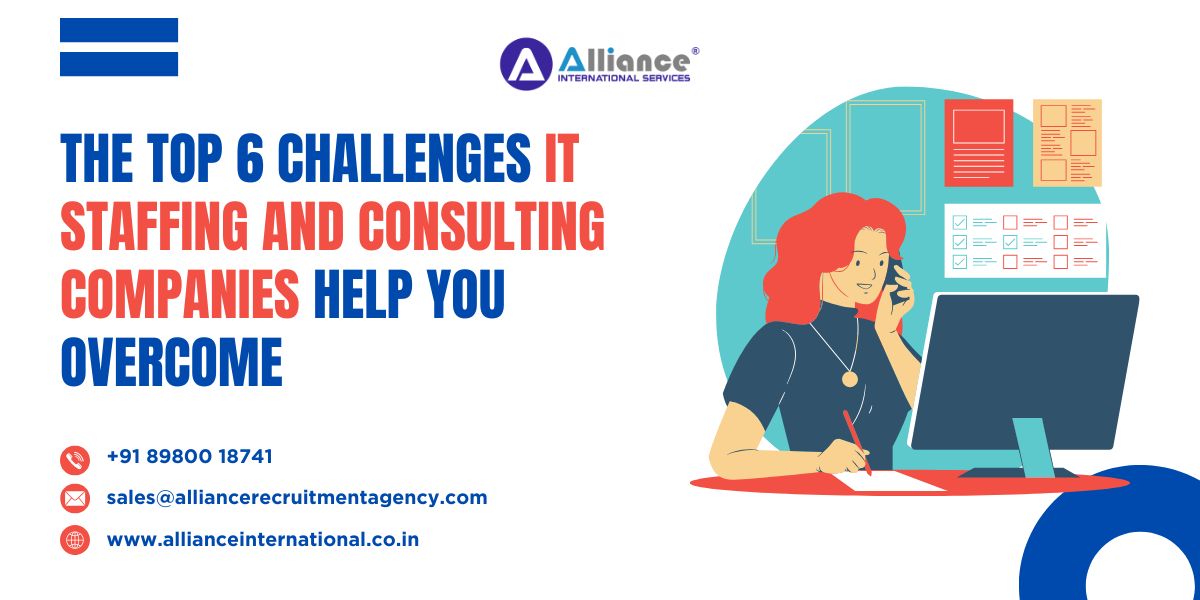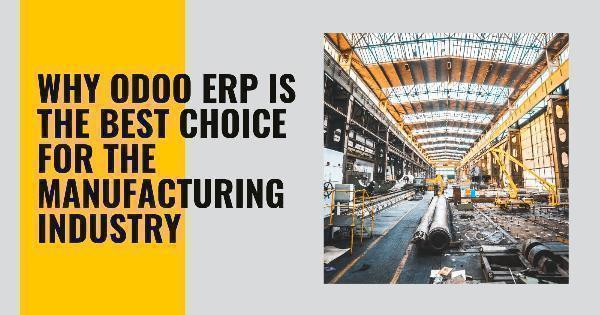The Secret to Successful ERP Projects? It All Starts with the Right Implementation
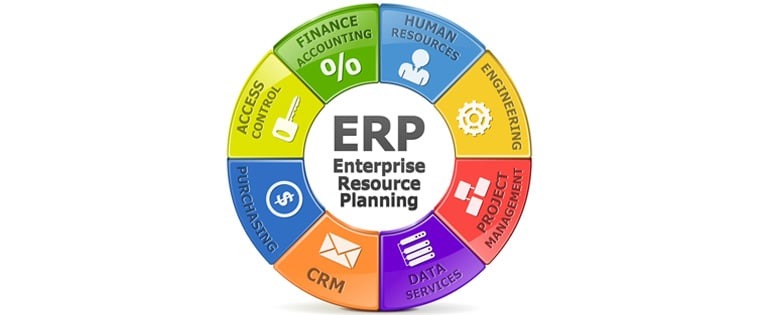
Strong 8k brings an ultra-HD IPTV experience to your living room and your pocket.
When businesses invest in new technology, they expect results—better efficiency, fewer errors, smoother operations. That’s exactly what ERP systems promise. ERP, short for Enterprise Resource Planning, brings together everything from accounting and inventory to customer management into one powerful platform.
But here’s the catch: while ERP software can be incredibly powerful, it’s not a magic switch. Simply buying the software doesn’t guarantee success. In fact, studies show that a large number of ERP projects fail to meet expectations. Why? Because the true secret to successful ERP projects has less to do with the software itself, and everything to do with how you implement it.
ERP success isn’t about the size of your budget or how many modules you choose. It's about the decisions you make before, during, and after go-live. That includes choosing the right partner, setting realistic goals, preparing your team, and making sure the system works for your business, not the other way around.
Let’s dig into what makes ERP projects actually work—and what causes them to fall apart.
What’s the Real Secret to Successful ERP Projects?
If you’ve been searching for the “one thing” that guarantees an ERP project will succeed, here it is: successful ERP projects start with the right implementation strategy. It’s not just about picking the right system. It’s about how that system is rolled out, customized, and adopted by your team.
The biggest mistake many companies make? Treating ERP implementation like a simple software install.
In reality, ERP touches nearly every part of your business. That means successful implementation requires deep planning, clear leadership, and ongoing collaboration. The software has to align with your workflows, not disrupt them. And your team needs to understand, accept, and actually use the system. All of this is part of a good implementation—not just what comes on the CD or download link.
That’s why the best ERP projects are led by experienced teams that focus on fit, function, and follow-through.
Why So Many ERP Projects Go Wrong
The numbers are sobering: nearly half of all ERP projects experience delays, budget overruns, or outright failure. But why?
Here are some of the biggest culprits:
- Lack of Planning – Jumping into an ERP rollout without a detailed roadmap often leads to confusion, missed steps, and unmet goals.
- Underestimating Change Management – ERP requires process changes. If people don’t buy in, the system won’t succeed—no matter how good it is.
- Poor Data Migration – Garbage in, garbage out. Migrating bad or incomplete data into a new system is a fast path to disaster.
- No Executive Sponsorship – When leadership isn’t involved, priorities shift, budgets get cut, and momentum fades.
- Inadequate Training – Your team won’t use tools they don’t understand. Training is often rushed or ignored entirely.
One of the biggest lessons in ERP projects is this: success depends on people as much as technology. And implementation is the bridge between the two.
The Role of the Right Implementation Partner
Let’s say you’ve picked an ERP platform that fits your business needs. Great! But what now?
This is where ERP implementation services come in. A strong implementation partner can make or break the project. Why? Because they’re not just installing software—they’re helping your business evolve.
Here’s what a great ERP partner does:
- Maps out your business processes and finds gaps
- Customizes the system to support how you work
- Integrates different apps, tools, and departments
- Trains your team to actually use the system with confidence
- Provides ongoing support so the system keeps delivering value
Too many companies try to go it alone or use generalist IT teams who don’t understand ERP platforms deeply. That’s risky. ERP isn’t a plug-and-play tool—it’s the backbone of your operations.
A specialized partner ensures you’re not just adopting a system, but building a foundation that works today and scales tomorrow.
Planning: The Foundation of ERP Success
Before you start clicking around in your new ERP dashboard, you need a game plan.
ERP planning isn’t just about timelines and budgets—it’s about aligning the system with your business goals.
Here are key steps to take:
- Define Your Objectives – What specific problems are you solving? Faster invoicing? Better inventory tracking? Be clear.
- Get Stakeholder Buy-In – Every department should have a voice. ERP impacts everyone, not just IT.
- Document Your Processes – Know what you do today before you can improve it tomorrow.
- Prepare for Disruption – ERP rollouts can get messy. Build flexibility into your plan.
- Choose the Right Implementation Methodology – Waterfall? Agile? Hybrid? Pick one that fits your team and goals.
Taking the time to plan doesn’t slow you down—it sets you up for faster, smoother execution later on.
Customization and Scalability Matter
Here’s the truth: no two businesses run the same way. So why would you expect one-size-fits-all ERP to work perfectly out of the box?
The best ERP Business Software Solutions are modular and customizable. But that only matters if your implementation brings those features to life in the right way.
Let’s take an example:
- A retail company might need real-time inventory tracking, POS integration, and dynamic pricing tools.
- A manufacturing firm, on the other hand, may need production planning, BOM management, and quality control systems.
Both companies can use the same ERP platform—but their implementation needs to be totally different.
Good implementation means:
- Customizing workflows to match how your team works
- Creating dashboards that reflect your KPIs
- Making sure the system grows as your business grows
A rigid ERP is a ticking time bomb. A flexible, well-implemented ERP becomes a growth engine.
User Adoption and Training: Often Overlooked, Always Critical
Even the best ERP software in the world is useless if no one uses it.
One of the most common reasons ERP projects fail is lack of user adoption. People resist change, especially when they don’t understand the “why” or “how.”
That’s why training and user involvement should start early and continue long after go-live.
Here’s what helps:
- Involve Key Users Early – Make them part of the planning and testing process.
- Offer Role-Based Training – Tailor lessons to what each team actually needs.
- Keep Communication Open – Let people ask questions, give feedback, and feel heard.
- Assign Internal Champions – A few super-users can make a big difference in helping others get comfortable.
ERP success isn’t about flipping a switch. It’s about changing habits—and that takes time, support, and patience.
Measuring Success After Go-Live
Once your ERP system is live, the work isn’t over—it’s just beginning.
Success should be measured not just by “it’s working,” but by real business impact.
Look at metrics like:
- Time saved on repetitive tasks
- Fewer data entry errors
- Faster order fulfillment
- Improved visibility across departments
And remember: a good implementation partner will offer post-launch support. That includes:
- Fixing unexpected issues
- Helping with system updates
- Making enhancements as your needs change
ERP isn’t a one-time project—it’s an ongoing journey.
How the Right ERP Business Software Solutions Can Empower Growth
When you match the right ERP software with the right implementation, everything changes.
You get:
- A single source of truth across your entire company
- Smarter decision-making through real-time dashboards
- Automations that free up your team for higher-value work
- Integration across sales, finance, inventory, and more
The best ERP Business Software Solutions are designed to grow with you. Whether you’re a startup or scaling into new markets, your system should support—not slow down—your goals.
But again, it all comes back to how well that system is implemented. The right tools, in the right hands, at the right time.
Success with ERP doesn’t come from luck or expensive software. It comes from preparation, partnership, and persistence. The real secret to successful ERP projects is in the groundwork: thoughtful planning, smart implementation, and long-term support. That’s what turns a big tech investment into a business transformation.
Note: IndiBlogHub features both user-submitted and editorial content. We do not verify third-party contributions. Read our Disclaimer and Privacy Policyfor details.



